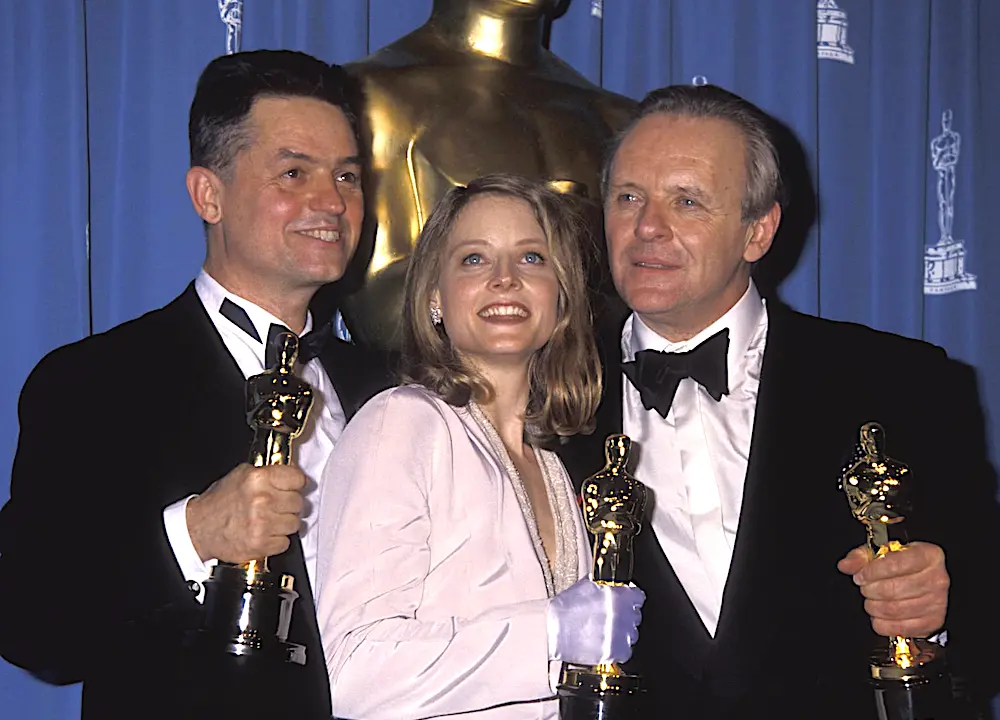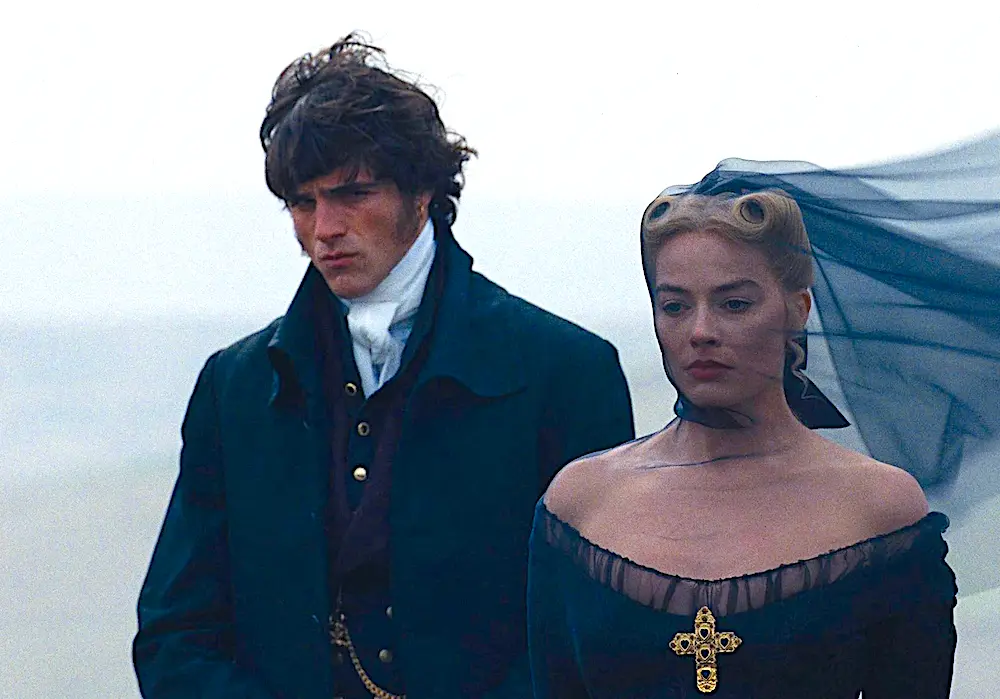Lost at sea on a rubber raft. No food. You try to eat a seagull. Doesn’t go down well (it comes right back up), so you eat small sharks raw. Constant vigilance is necessary; bigger sharks leap into the raft to get at you. Storms. Only rainwater to drink. Try that for 47 days. Then get captured by hostile forces and beaten black and blue, for a long, long, time.
They say karmic debt is paid off through suffering. Judging by the amount of suffering done by lead character Louie Zamperini in the Angelina Jolie-directed “Unbroken,” (a true story) Zamperini paid off all his karma, his family’s, extended family’s, and that of all the townsfolk in his hometown of Torrance, Calif.
“Unbroken” is an unmitigated pain-fest. That being said, what’s the payoff of paying off karmic debt? In his case, an extreme change of heart, the growth of his compassion, and the ability to forgive.




